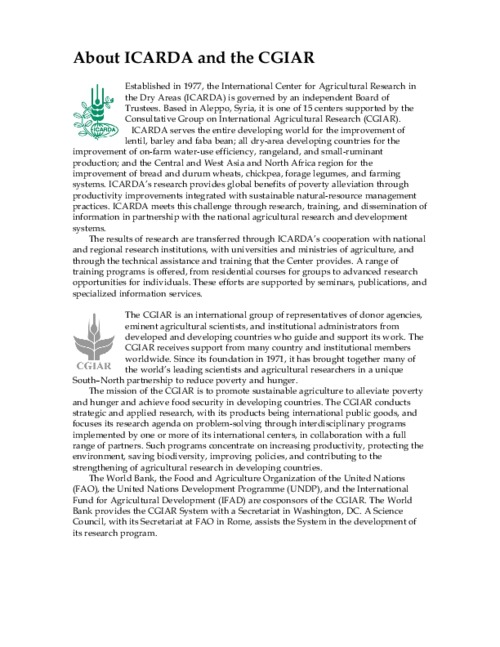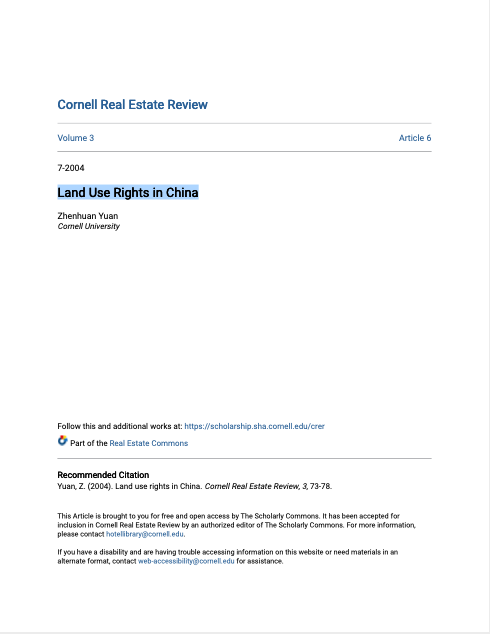Strategies for sustainable land management and poverty reduction in Uganda
The government of Uganda, with help from its development partners, is designing and implementing policies and strategies to address poverty, land degradation, and declining agricultural productivity. Land degradation, especially soil erosion and depletion of soil nutrients, is widespread in Uganda and contributes to declining productivity, which in turn increases poverty.






